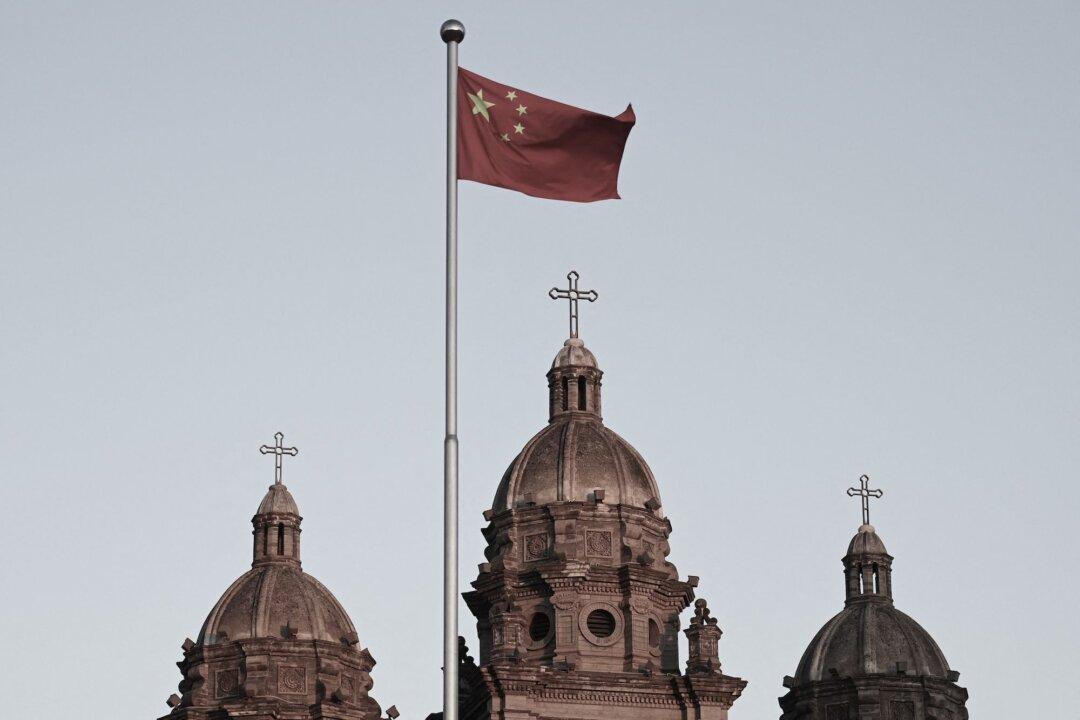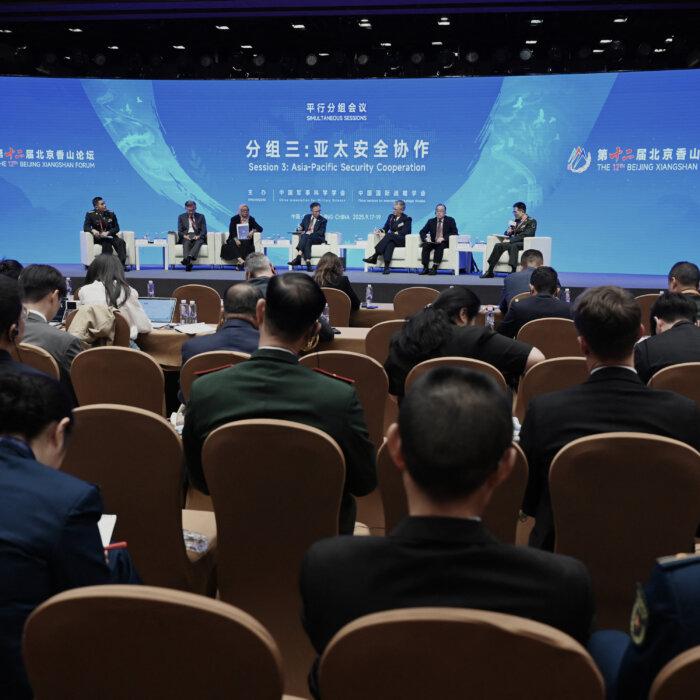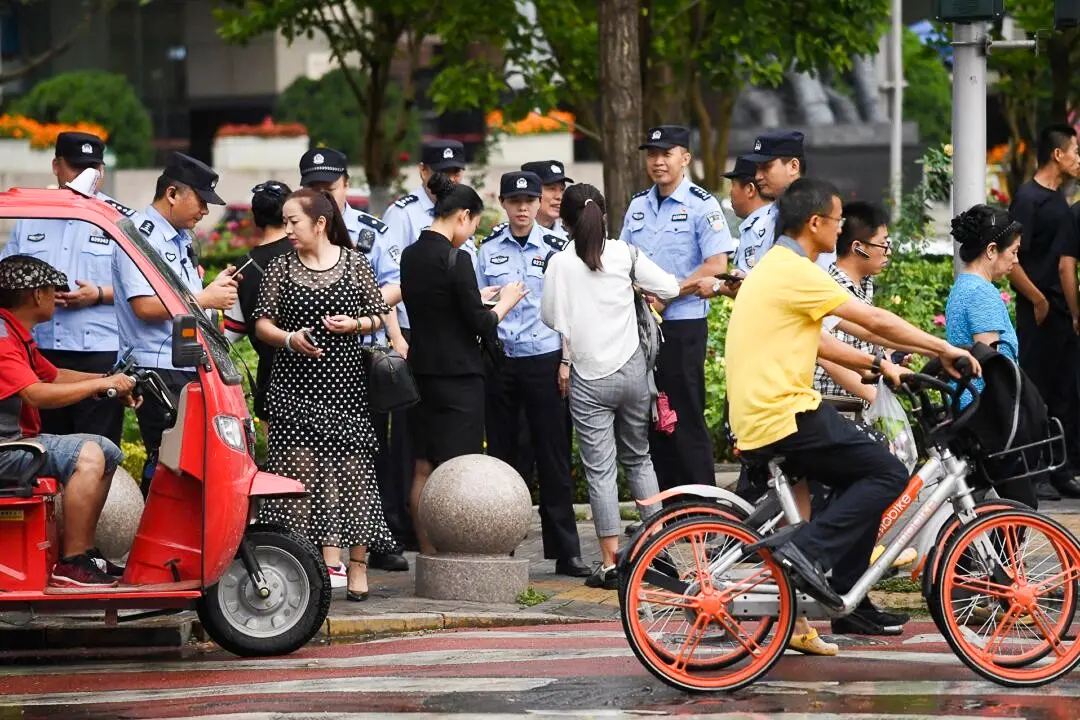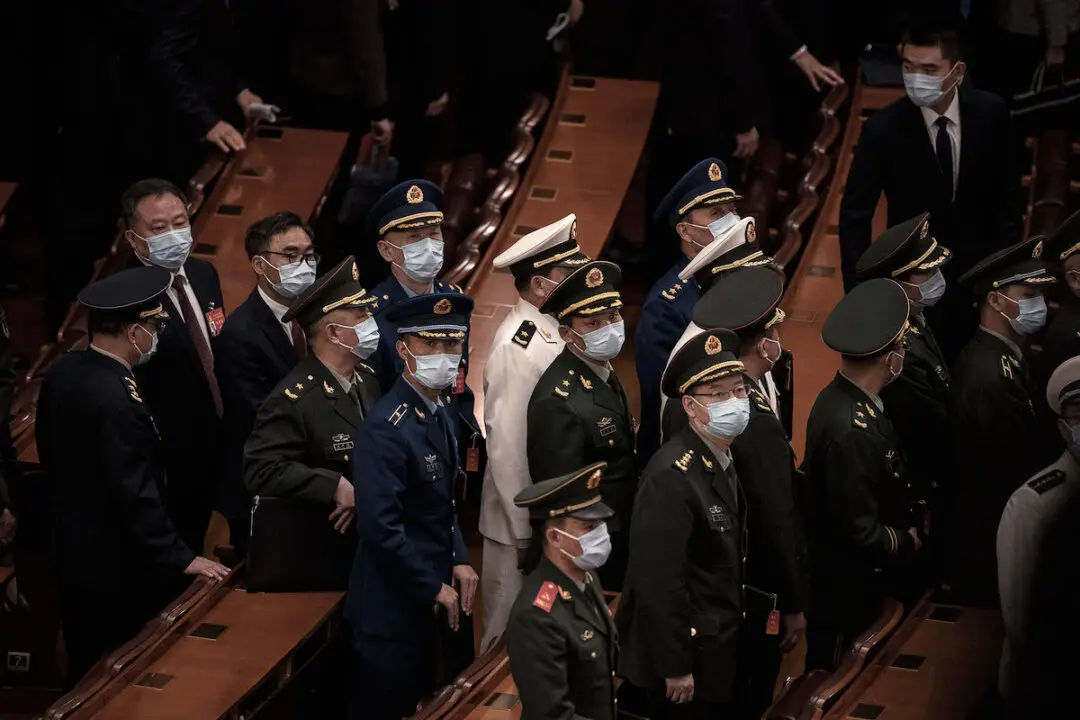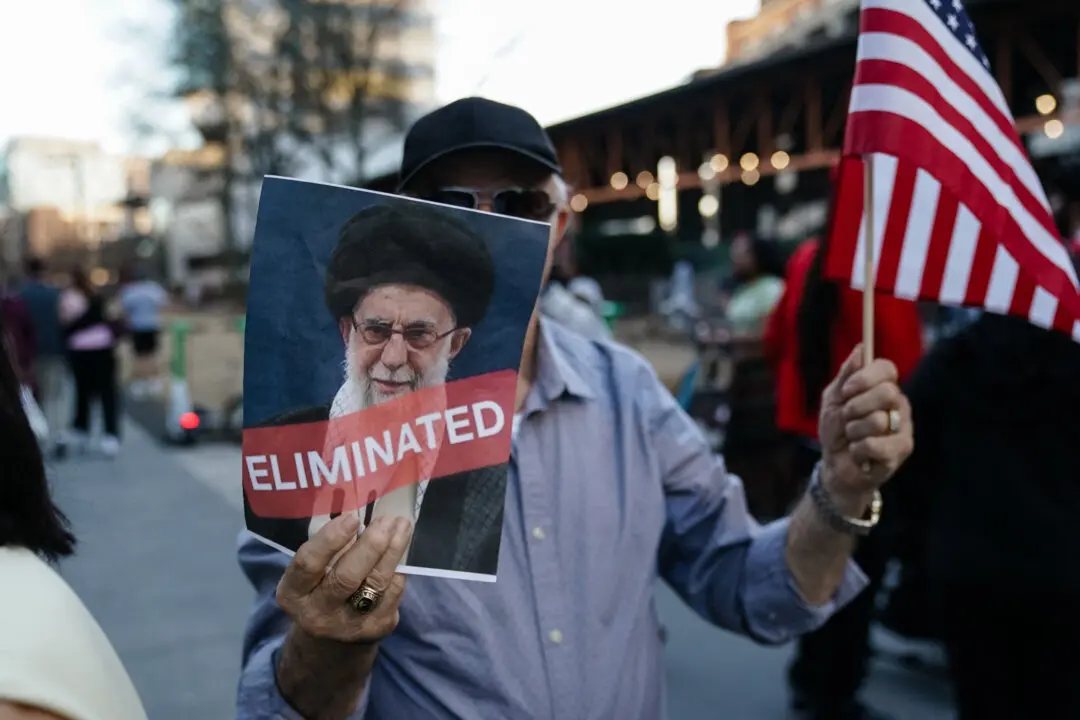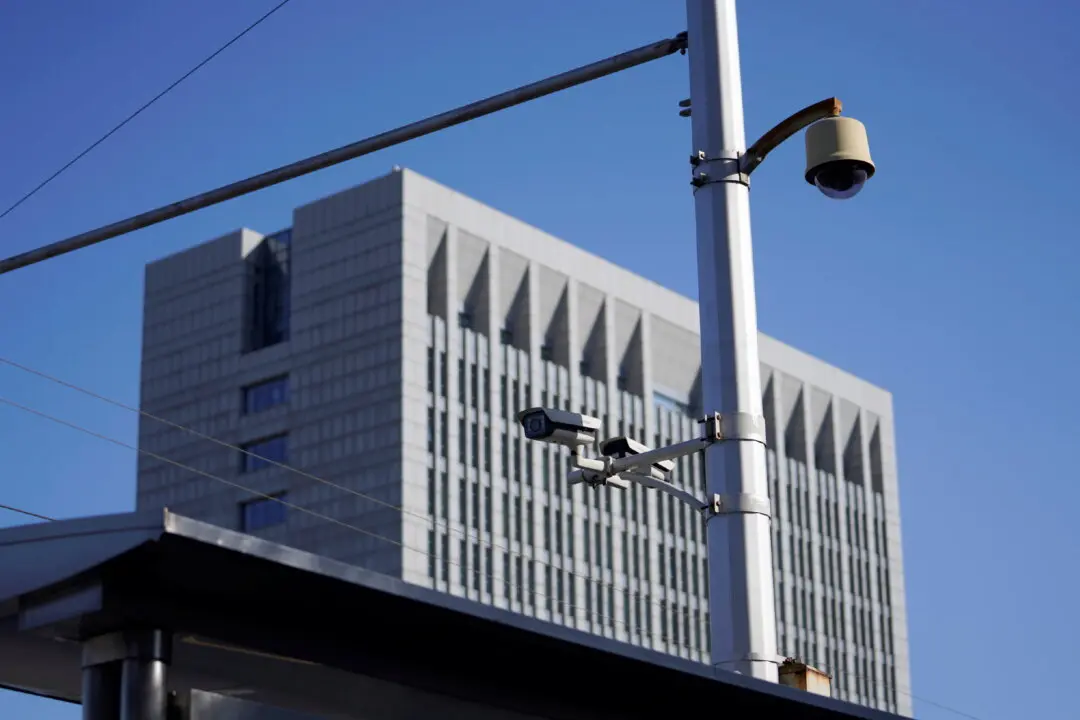The Chinese Communist Party (CCP) has issued new rules targeting the online activities of religious leaders, further tightening its control over faith groups. Analysts say the measures are a part of the CCP’s broader effort to suppress public expression of religious beliefs and control ordinary citizens.
New Rules After Shaolin Temple Scandal
Analysts suggest the move may be linked to the recent downfall of Shi Yongxin, the former abbot of the famous Shaolin Temple. Shi was expelled from the Buddhist clergy in July and placed under investigation for alleged embezzlement, corruption, and maintaining romantic relationships that resulted in multiple children conceived out of wedlock, which is prohibited in Chinese Buddhism. He was also accused of turning the temple into a money-making machine through ticketed attractions and commercial ventures.China current affairs commentator Li Linyi told The Epoch Times that although the scandal likely prompted Beijing to act, the new rules go far beyond one man.
Wider Net of Control
The new code of conduct prohibits clergy from using any unauthorized online platforms to preach, conduct online services, or participate in activities such as prayers, baptisms, or ordinations. It also stresses that online activities must uphold CCP leadership and must not contain content deemed to “subvert state power” or challenge the Party’s authority.The rules apply not only within mainland China but also to religious personnel from Hong Kong, Macau, and Taiwan and foreign nationals in China.
Critics have said the policy is less about regulating religious leaders than about controlling public communication.
“On the surface, it targets clergy, but in reality it affects ordinary citizens,” said Lin Bin, who holds a PhD in political science from the University of New South Wales in Australia. “For many Chinese people, WeChat is also a way to stay connected with the outside world. Now that the CCP is tightening control even further, it is also affecting the ability of people in mainland China to communicate with Chinese communities overseas.”
A China-based independent scholar, who requested anonymity for safety reasons, told The Epoch Times the timing reflects the regime’s insecurity.
Broader Campaign Against Religious Liberty
Observers note that the new measures are part of a broader campaign against religious freedom under CCP leader Xi Jinping.Now, with the latest code of conduct, Beijing is using religion as a new frontier for surveillance and censorship, experts said.
Ning Haizhong and Luo Ya contributed to this report.
